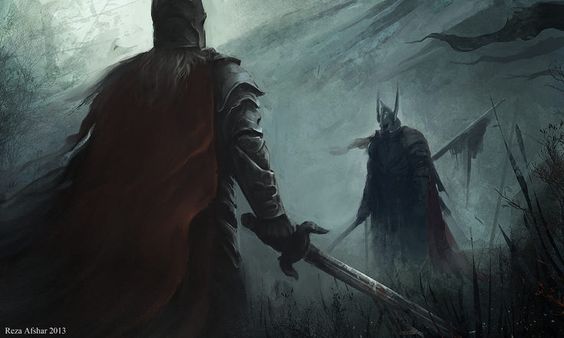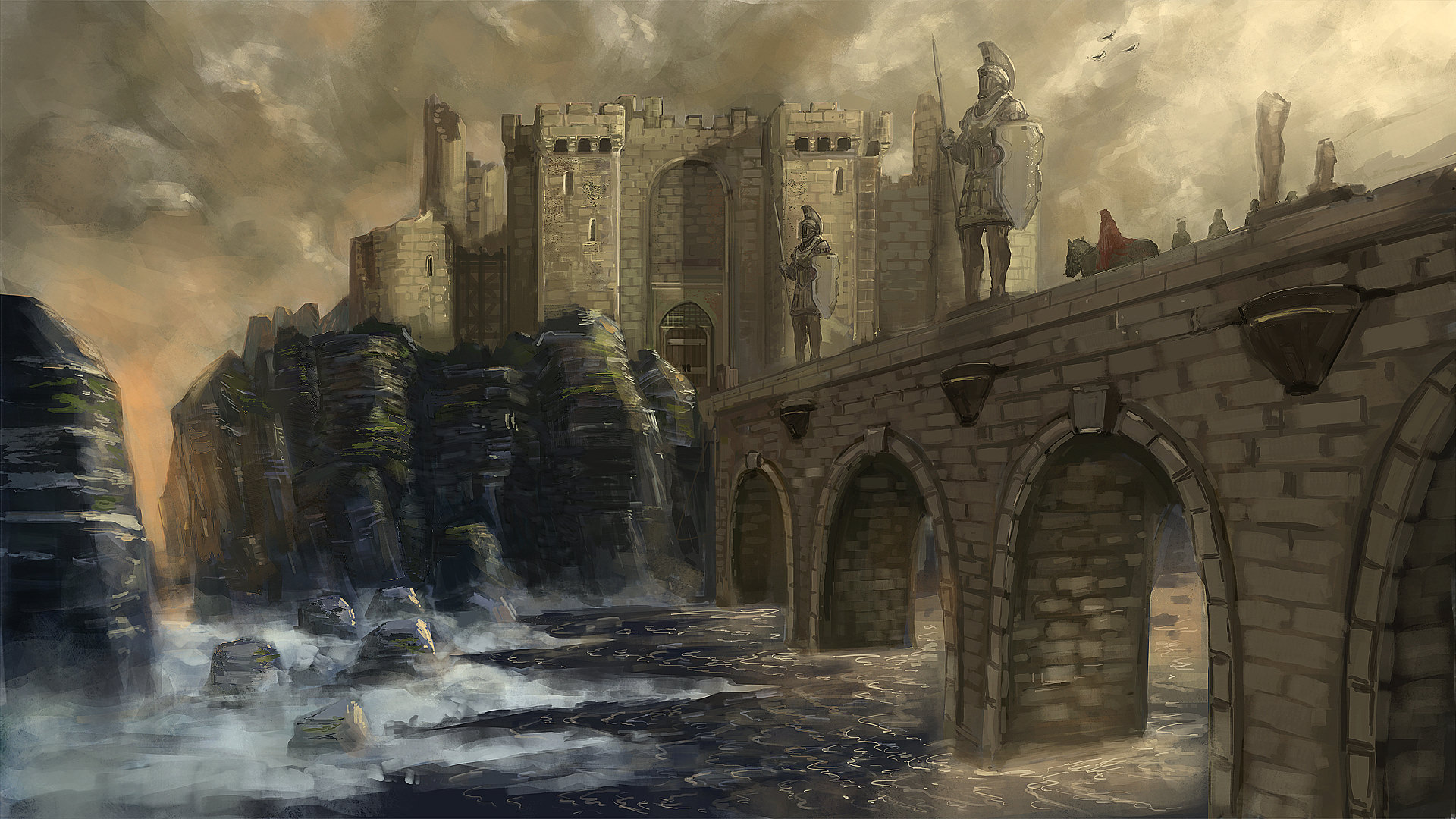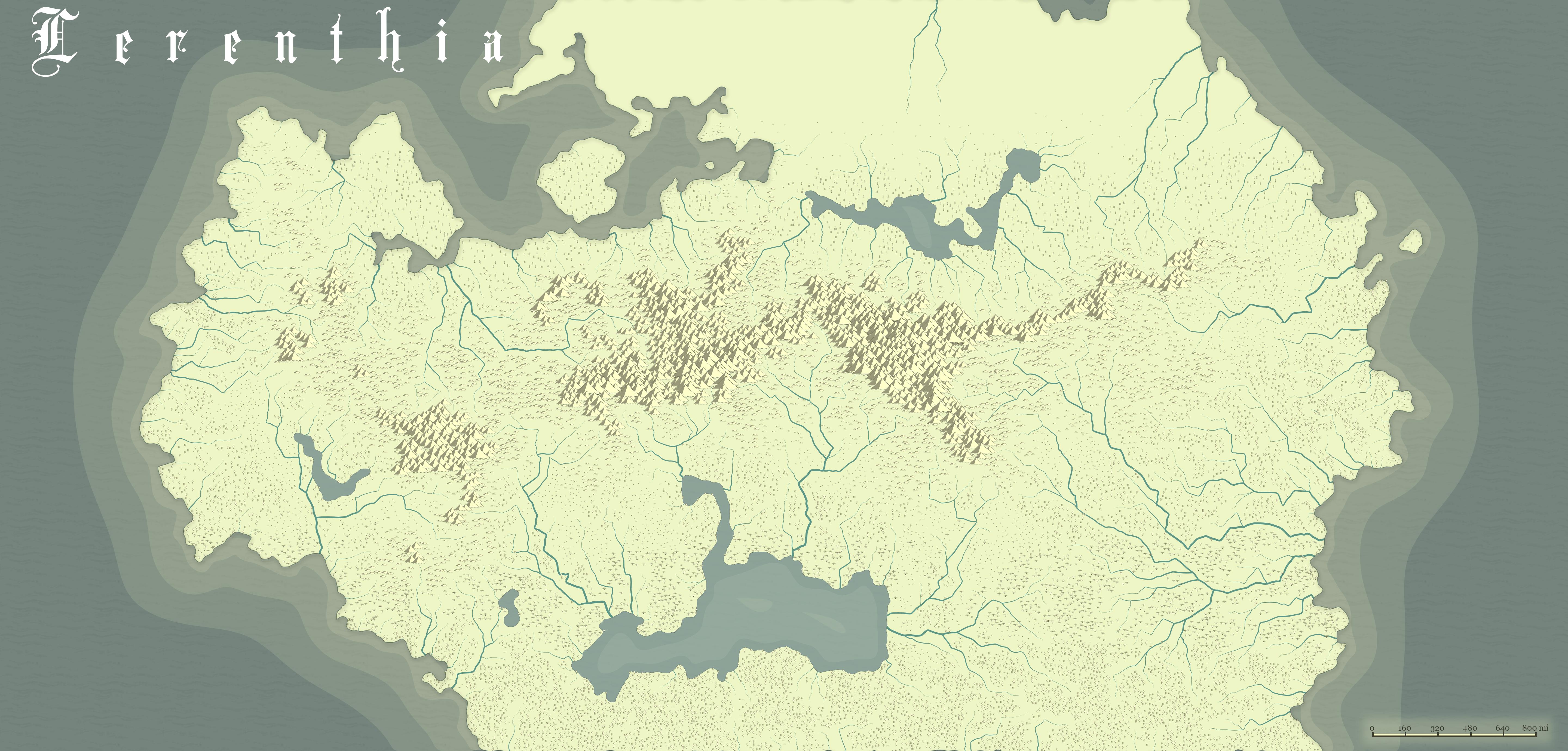Gowi
dreamer memer

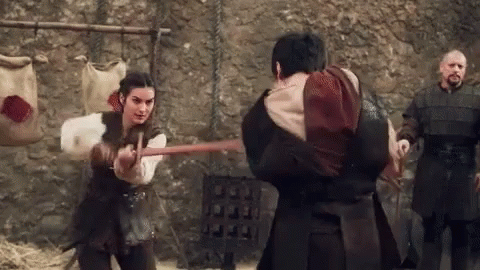
Do NOT post in this thread. It is for GM lore descriptions.
Last edited:
Follow along with the video below to see how to install our site as a web app on your home screen.

Note: This feature currently requires accessing the site using the built-in Safari browser.







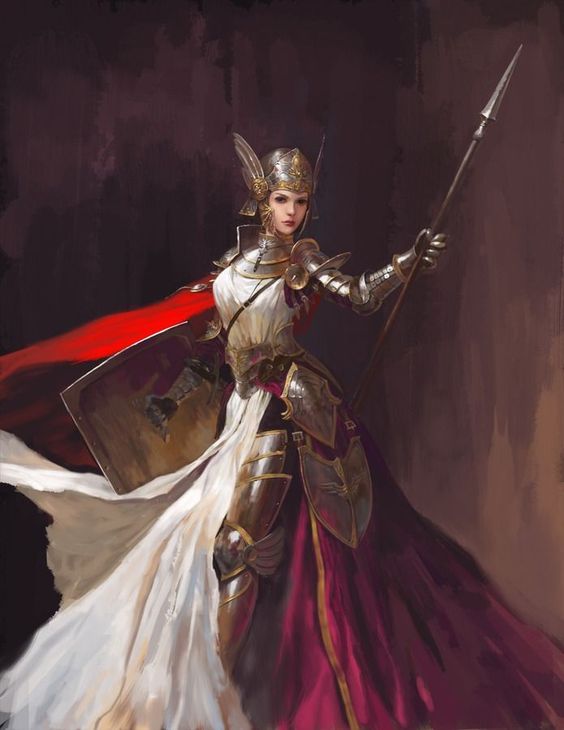

There's going to be a write-up here about how three societies function differently. Until then the old write-up is below:The Kingdom of Anemor
Northron Lerenthians whom rule in an imperial foundation. Led by a King whom dictates over dukes, counts, and barons.
The Confederacy of Southern Lords
Southron Lerenthians who live south of a great riverbed, known for their existence near wild marshlands and rule in a confederacy of lordlings with no high king.
The Principality of Meoalfell
Northron Lerenthians from a different cultural tradition whom are led by jarls in the frozen hills near the dwarven holds.




